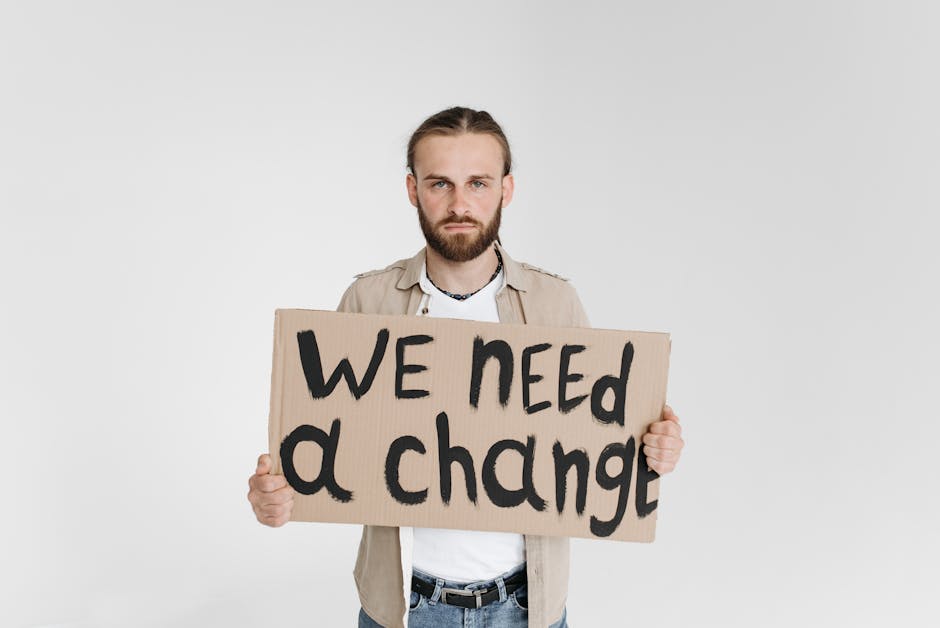A crucial starting point lies in recognizing the cascading effects of individual decisions. A single act of protest, for instance, can spark a wider movement. The early demonstrations against apartheid in South Africa, often initiated by seemingly ordinary individuals, ultimately coalesced into a powerful force for societal change. These initial actions, fueled by a shared belief and a desire for justice, mobilized others, amplified the message, and eventually contributed to the dismantling of the oppressive political regime. This exemplifies how a seemingly small act can serve as a catalyst, igniting a chain reaction with far-reaching consequences.
Beyond direct forms of political activism, everyday choices also shape the political landscape. Voter turnout, for example, is a crucial indicator of public engagement. While individual voter decisions might appear inconsequential, collectively they dictate the political composition of governing bodies and steer policy agendas. A consistent trend of low voter participation can signal a loss of faith in the political process, affecting the legitimacy of elected officials and influencing future political decisions. Similarly, consumer choices can impact political systems by dictating which industries thrive and which wither. A preference for sustainably produced goods, for example, can influence corporate policies and, consequently, exert pressure on governments to enact environmental regulations.
The digital age has dramatically altered the landscape, amplifying the impact of individual actions. Social media platforms have become powerful tools for mobilization, allowing individuals to organize collective action on a scale previously unimaginable. The Arab Spring uprisings effectively demonstrated how coordinated online activity could galvanize protests and ultimately contribute to political change across several countries. Furthermore, the proliferation of misinformation and disinformation online showcases how individual actions, often through sharing and retweeting, can shape public opinion and potentially influence election outcomes. The responsibility of individual citizens in combating the spread of false information becomes crucial in maintaining a healthy democratic discourse.
Examining the role of individual participation within established political structures reveals another layer of influence. Active participation in civic organizations, such as community groups or non-governmental organizations, allows individuals to directly shape local policies and advocate for specific issues. By actively engaging with their representatives, whether through letters, calls, or personal meetings, individuals can exert pressure on lawmakers and influence policy decisions. This kind of sustained engagement can lead to significant policy reforms, impacting the lives of countless citizens. For instance, grassroots campaigns that effectively lobby for environmental protection can result in policies that safeguard local ecosystems.
The spread of political ideologies also stems from individual actions. Through discussions, writing, or simply demonstrating faith in a particular philosophy, individuals contribute to the evolution of political ideologies and thought. Intellectual ferment, driven by individual contributions, often leads to transformative shifts in social and political perspectives, creating a constant evolution of political ideas. The impact of an intellectual’s writing, a scholar’s research, or a campaigner’s tireless efforts may not be instantly apparent, but their contributions often crystallize into powerful movements over time.
An important aspect of considering individual impact is the concept of collective action. A single act of civil disobedience, while potentially having limited immediate effect, can galvanize a larger movement when coupled with the actions of others. The fight against racial segregation in the United States vividly demonstrates this. Individual acts of defiance, culminating in coordinated resistance, eventually forced societal change.
The relationship between individual action and large political systems is complex and multifaceted. It is not simply a question of one causing the other, but rather a dynamic interplay. Individual actions, while often perceived as minor, can amplify into profound social movements, pressure political systems, and even reshape the course of history. This understanding compels us to recognize the significance of each individual’s role in the broader political landscape and the importance of active and informed citizenship. It underscores the necessity of engaging with politics, not merely as passive recipients, but as active participants, shaping the future we want.






